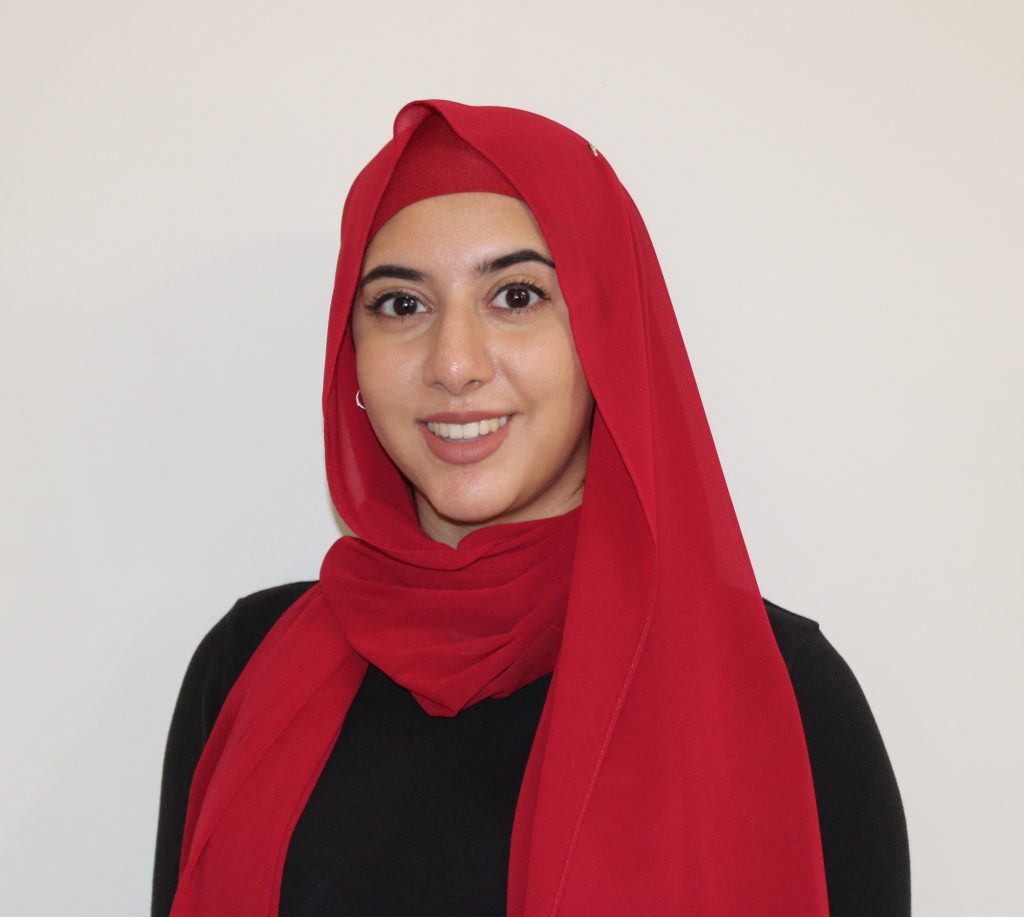
Z Eihausen: How would you describe your educational career?
Ayesha Ahmed: I started UTK as a freshman on the pre-med track despite not knowing much about the field. I had no guidance other than my family persuading me to embark on this path. Eventually, I became an English major and found myself excelling in all of the classes I took. Despite this, I still had a love for science and declared a biology minor around the same time. The critical thinking skills I learned in English formed a symbiotic relationship with my biology courses since the skills from English classes were easily transferable.
Z Eihausen: Did you complete an internship while working towards your undergraduate degree?
Ayesha Ahmed: I completed the Judith Herbert Anderson Writing Center internship during my senior year of undergraduate study. Also known as the English 493 internship, I got to learn a lot about how to be an effective tutor and what working at a writing center entails.
Z Eihausen: What experience were you hoping to gain when you first started your internship?
Ayesha Ahmed: I was hoping to gain real-world experience with a job in the English field. I wanted to know what it would be like to use my English degree to help other students become better writers. I also wanted to become a better tutor myself and eventually use these skills to improve my own writing.
Z Eihausen: How did your internship contribute to your academic and/or professional life?
Ayesha Ahmed: This internship fully prepared me for the Master’s program in English at UTK. Essentially, all master’s students need to complete the curriculum discussed in the English 493 internship. Having previously completed the internship, my mentors in the English department recommended I become a coach to my peers alongside my trainer.
Z Eihausen: Do you feel as though your internship prepared you for post-graduate life? Why or why Not?
Ayesha Ahmed: This internship has 100% helped me ease into my post-graduate life. Whether I am tutoring at the writing center, peer-reviewing a classmate’s work, or writing my own papers, I am actively and subconsciously utilizing the skills I have learned in the internship. Reading with
generosity always comes in hand as I naturally see the good in other people’s and my own writing.
Z Eihausen: Did your internship introduce you to other career opportunities that you had not previously considered? If so, how?
Ayesha Ahmed: Before my internship, I had little to no knowledge about what exactly happened at the writing center. Ideally, I would like a career in teaching English at the college level, however, after this internship, I would not be opposed to working at a writing center.
Z Eihausen: What is one piece of advice you have for undergraduate English majors when preparing for the job market? Ayesha Ahmed: Get some experience with the degree you’re working on! English majors have the unique ability and advantage to constantly adapt their thinking to whatever problem they are facing. If you are able to refine these skills before you graduate and get a job, you’ll be able to transition easily from a student to a worker.
This transcript has been edited for clarity.
Ayesha Ahmed is currently a first-year Master’s student in English Rhetoric at the University of Tennessee. She graduated from the University of Tennessee in Spring of 2023 with a degree in English and concentrations in Rhetoric and Writing and Literature. She also was a Biology minor. Currently, she is interested in the intersection of cultural and religious rhetorics and plans to incorporate the two topics into her upcoming thesis.
Z Eihausen (she/her) is an emerging writer from Tennessee. She is currently a senior at the University of Tennessee-Knoxville studying creative writing and philosophy. She previously interned at Sundress Academy for the Arts and is now Staff Director. She also likes bees.